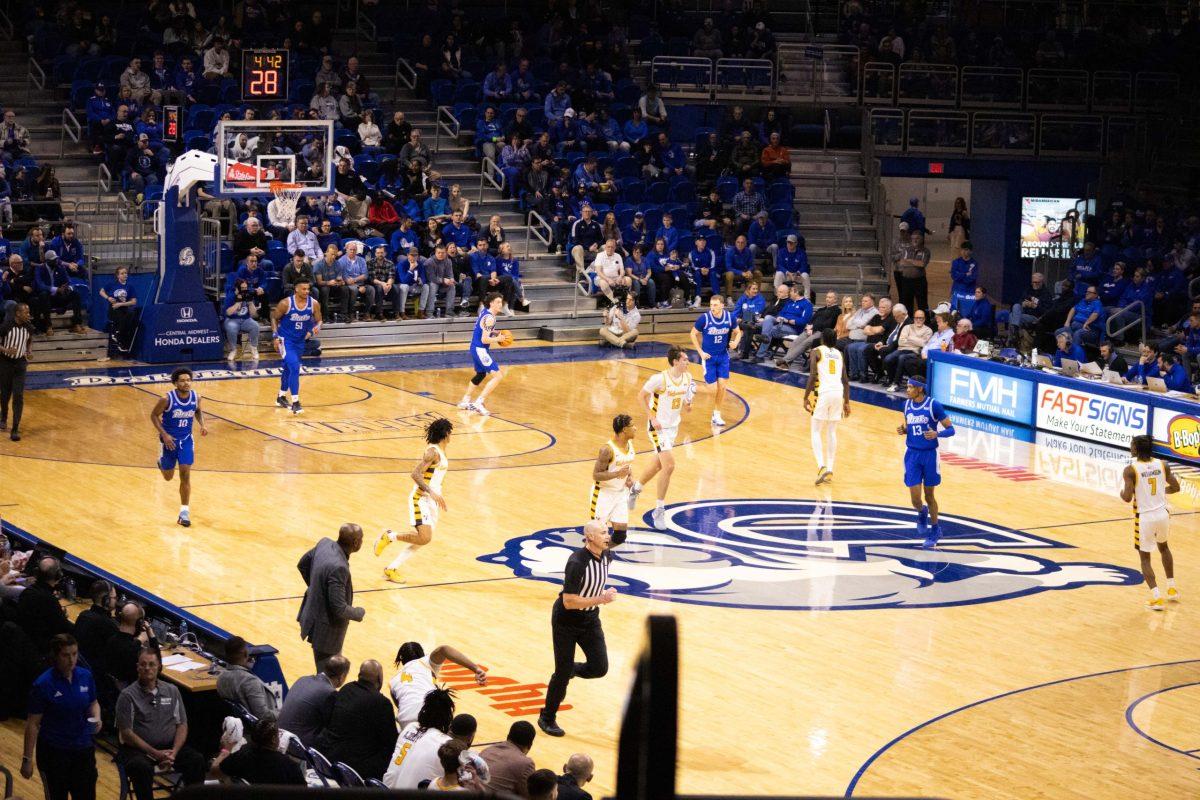Column by Alec Hamilton
 Syria has been in a state of civil war for two years now and embroiled in violence for even longer.
Syria has been in a state of civil war for two years now and embroiled in violence for even longer.
Ever since the death toll began to rise, populations across the world have called out for intervention, but to no avail.
The U.S. is weary from the wars in Iraq and Afghanistan and would not suffer any troops on the ground in Syria.
Britain and NATO are in very much the same situation.
As usual, the U.N. Security Council is ineffective due to members conflicting interests in Syria.
If intervention is the only way to end the conflict, who left to act? Perhaps the one entity that has the greatest interest in the outcome of the civil war in Syria, the League of Arab States (Arab League).
Syria was a member of the Arab League until it was suspended when the situation there escalated into civil war and are surrounded by Arab League members.
As the civil war spiraled out of control this summer, the violence and turmoil began to spill over into the neighboring countries of Jordan (who is also a member) and Turkey (who is an observing member).
The situation negatively affects the entire region, but thus far, the Arab League has done nothing but condemn the violence and provide some humanitarian aid.
The bottom line is that in order for the situation to be resolved conclusively, the Arab League will have to step up and play a prominent role in intervening and mediating the conflict.
Admittedly, the Arab League was rocked by the widespread unrest that is being called the “Arab Spring,” as members Tunisia, Egypt and Libya overthrew their governments and protests took place in many others.
Its capabilities right now are suspect, both militarily and politically. The member states of the Arab League are divided in their support of the Assad regime and the opposition.
There are also each member’s relations with Iran to consider, which is not a member of the Arab League but is still a prominent presence in the region and a stalwart supporter of Assad and the terrorist group in the area, Hezbollah.
Despite these problems, the Arab League still has several strong members who have the capability and means for a military intervention.
Saudi Arabia is still strong, as are many of the other Gulf countries and Jordan. Turkey, while not a participating member, would also be an important player and has the military power to intervene.
Once that is achieved, it’s actually in all the members’ best interests, whether they support Assad or the opposition, to play part in the mediation, so that the situation does not further destabilize the region or their individual countries.
If the rest of the world is unwilling to intervene, then the Arab League must take care of its own and collectively, it does have the capability to stop the violence and mediate a solution.
Hamilton is a senior international relations and news-Internet double major and can be reached at [email protected]




